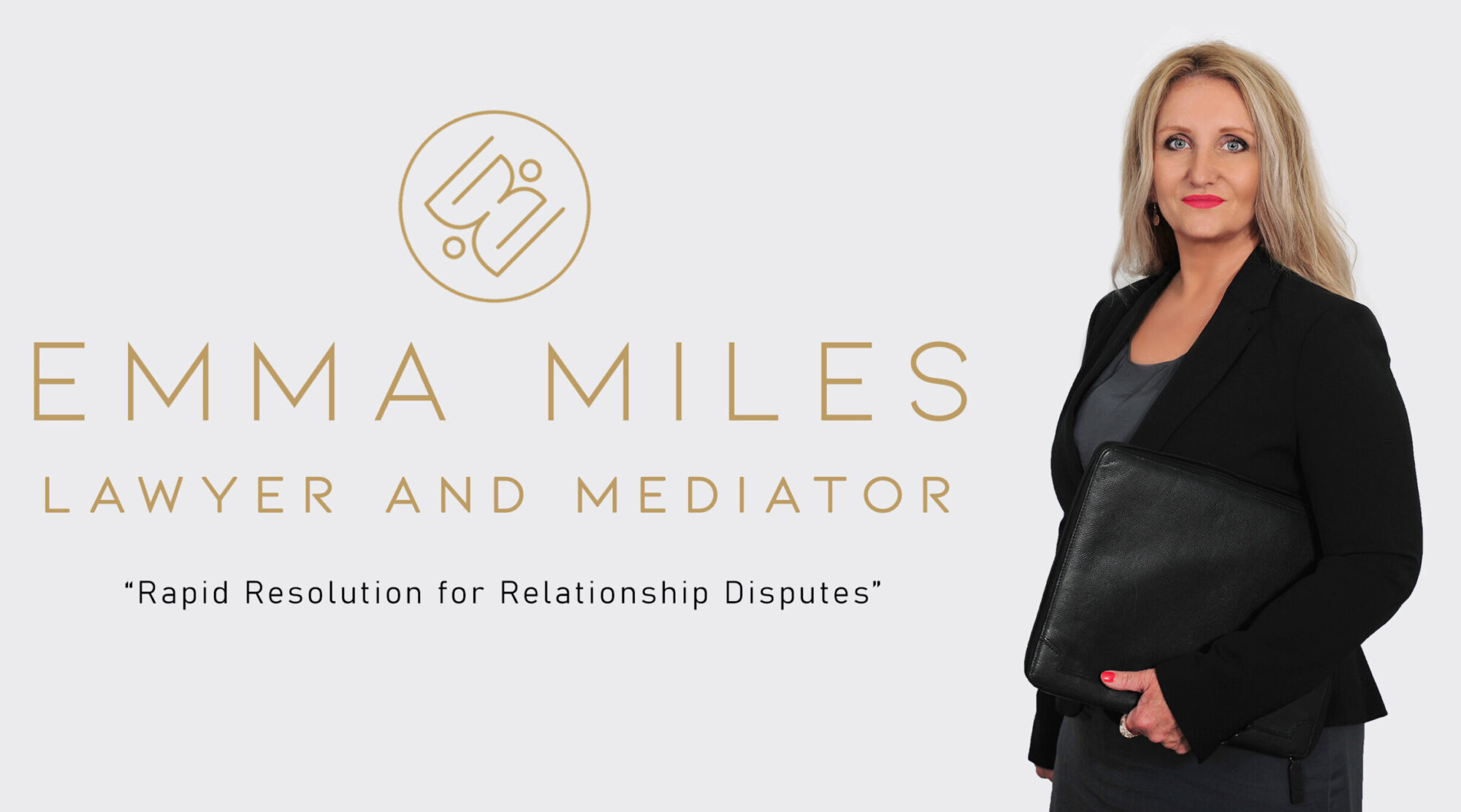What is Dispute Resolution?
Disputes differ from other areas of law because there is no set formula or guaranteed outcome from the start. The resolution largely depends on the issue at hand and the responses of the other parties, both of which can change significantly during the process.
To begin, Emma will typically use one of the following Collaborative Processes to resolve disputes:
-
Negotiation: A process where differences are addressed through thoughtful discussion, identifying legal issues while avoiding arguments and conflict.
-
Facilitation: A neutral third party helps the parties clarify the issues to be resolved and the tasks to be completed. If necessary, facilitation may evolve into mediation, where the parties attempt to reach an agreement.
-
Mediation: An impartial facilitator helps the parties communicate and work towards reconciliation, agreement, or understanding. The parties retain control over any decisions made and the terms of resolution. This process is completely confidential.
-
Conciliation: Similar to mediation, but the conciliator is more proactive, suggesting potential solutions to resolve the dispute.
-
Judicial Settlement Conferences: A mediation session conducted in court, overseen by a judge, aimed at resolving the dispute or specific issues within the case.
-
Other Methods: Alternative processes where the parties work together to reach an agreement.
Emma’s primary goal is to achieve the best possible outcome for you, utilizing methods like negotiation, mediation, or other non-litigious processes when feasible. However, if these methods do not succeed, litigation may be necessary.
What is Litigation?
When disputes cannot be resolved through other means, litigation may be required. Litigation involves taking legal action in court to settle a dispute.
If litigation is necessary, Emma will provide you with clear and practical advice on using legal processes such as:
-
Arbitration: A private process where the parties agree to submit their dispute to an arbitrator, who makes a binding decision based on legal rights. The decision is final, with limited opportunity for court intervention.
-
Court: Each party submits their position and evidence in “pleadings.” The court then makes a final decision, though the outcome can be appealed to a higher court within a specific time frame.
If you would like to discuss your situation then call us today for a no obligation consultation about how we can help.
